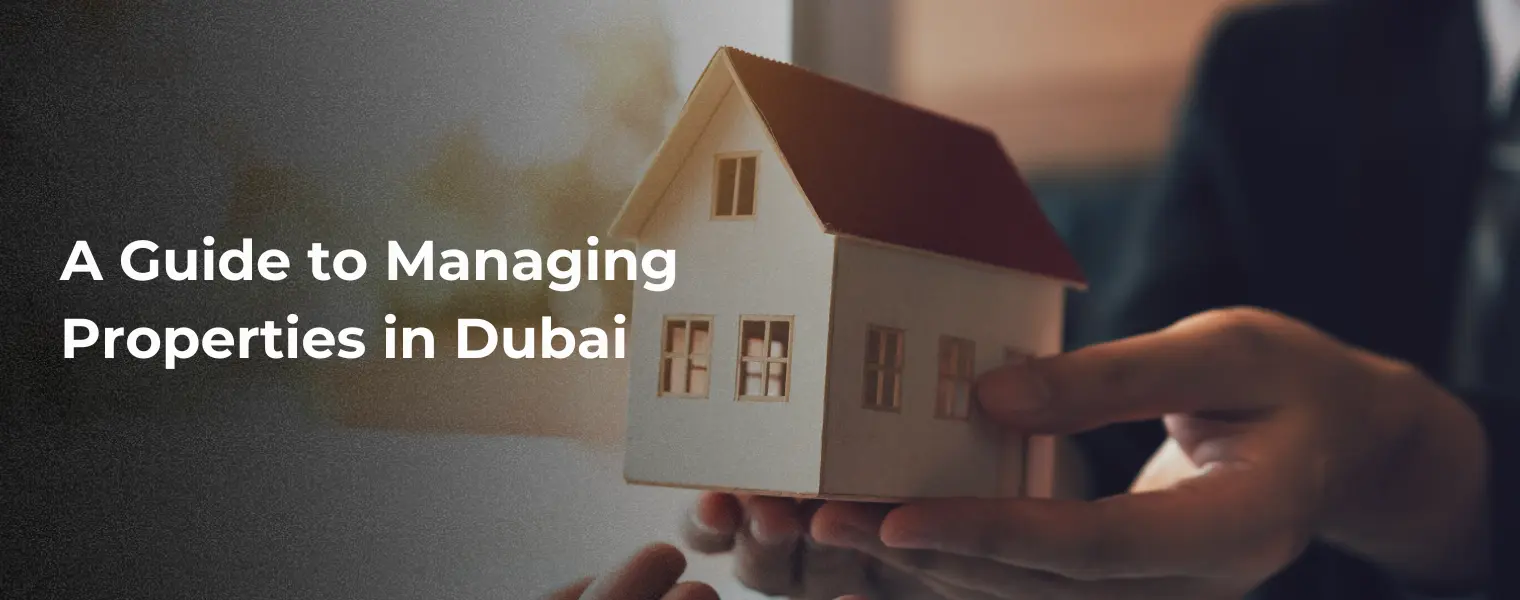
Dubai, the jewel of the United Arab Emirates, is a thriving metropolis known for its stunning skyline, luxurious lifestyle, and a rapidly growing real estate market. As one of the world's most sought-after investment destinations, Dubai offers an array of opportunities for property owners and investors. However, managing properties in this dynamic market requires a keen understanding of the local laws, market trends, and a proactive approach. In this blog, we'll explore key aspects of managing properties in Dubai and offer tips and insights to help property owners succeed in this competitive environment.
Understanding the legal framework for property ownership and management is crucial in Dubai. The primary governing body is the Dubai Land Department (DLD), which regulates property transactions, leases, and title registrations. Familiarize yourself with the property laws, including freehold and leasehold areas, to ensure compliance and mitigate risks.
Dubai offers various property types, including apartments, villas, townhouses, and commercial spaces. Before investing, consider your target market, budget, and investment goals. Each property type has its unique considerations, such as service charges and maintenance.
Engaging a reputable property management company is a wise decision for property owners, particularly those residing abroad. These firms can handle day-to-day operations, including tenant screening, rent collection, and maintenance. They also help navigate legal matters, ensuring a hassle-free experience for property owners with the help of Real Estate Software.
Dubai's real estate market is dynamic, with prices and demand fluctuating regularly. Stay updated on market trends, including rental rates, property values, and supply and demand. This knowledge will assist you in setting competitive rental rates and making informed investment decisions.
Rental laws in Dubai are designed to protect both tenants and landlords. It's essential to understand the Rental Dispute Settlement Center's procedures and rent increase guidelines. Draft comprehensive tenancy agreements to clearly outline the terms and conditions.
Property maintenance is an ongoing responsibility. Regular inspections and timely repairs are essential to maintain property value and ensure tenant satisfaction. Engage reliable contractors and service providers to address maintenance issues promptly.
Dubai does not impose property taxes on residential properties, making it an attractive destination for investors. However, there is a 5% Value Added Tax (VAT) on certain services, including property management and real estate brokerage.
Efficient marketing and tenant selection are crucial for property owners. Use online platforms, real estate agencies, and property management companies to reach a wider audience. Conduct thorough background checks on potential tenants to reduce the risk of defaults and disputes.
Maintain a sound financial plan that includes budgeting for property management fees, service charges, and emergency repairs. Additionally, consider rental income as a source of revenue and incorporate it into your financial goals.
Before investing in Dubai's real estate market, establish an exit strategy. Determine whether you plan to sell the property at a specific time or hold it for long-term capital appreciation. Being proactive in your approach can help maximize returns on investment.
Managing properties in Dubai can be a rewarding endeavor, but it comes with its unique set of challenges and responsibilities. A strong understanding of the legal framework, market dynamics, and effective property management practices is essential for success. By staying informed, being proactive, and considering the tips and insights provided in this blog, property owners in Dubai can navigate this dynamic market with confidence and achieve their investment goals by using Real Estate Software. DoFort Provides the best Real Estate Software. Contact us to this industry and to know more or to schedule a demo
Welcome to DoFort !